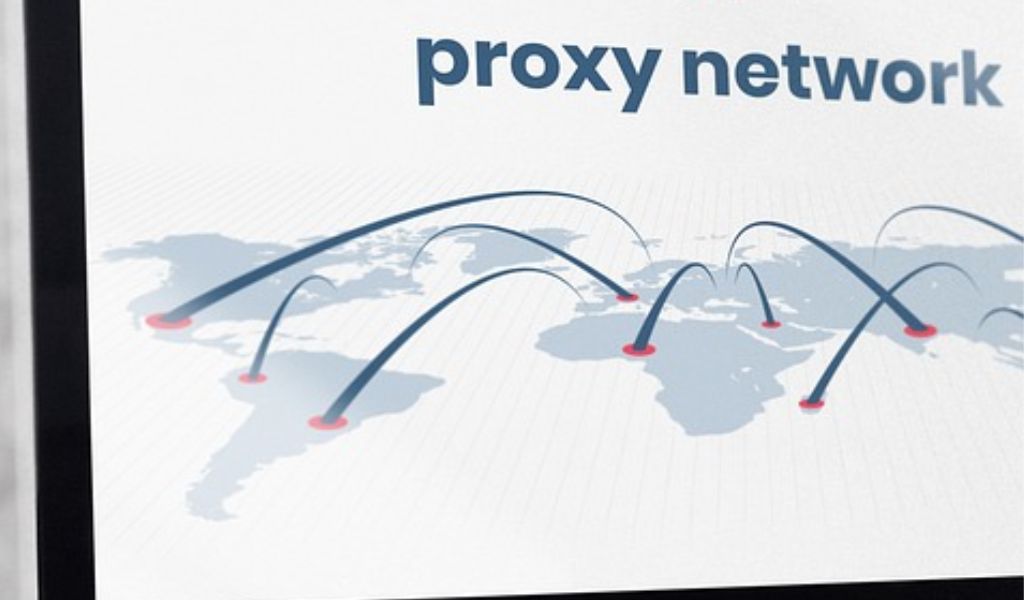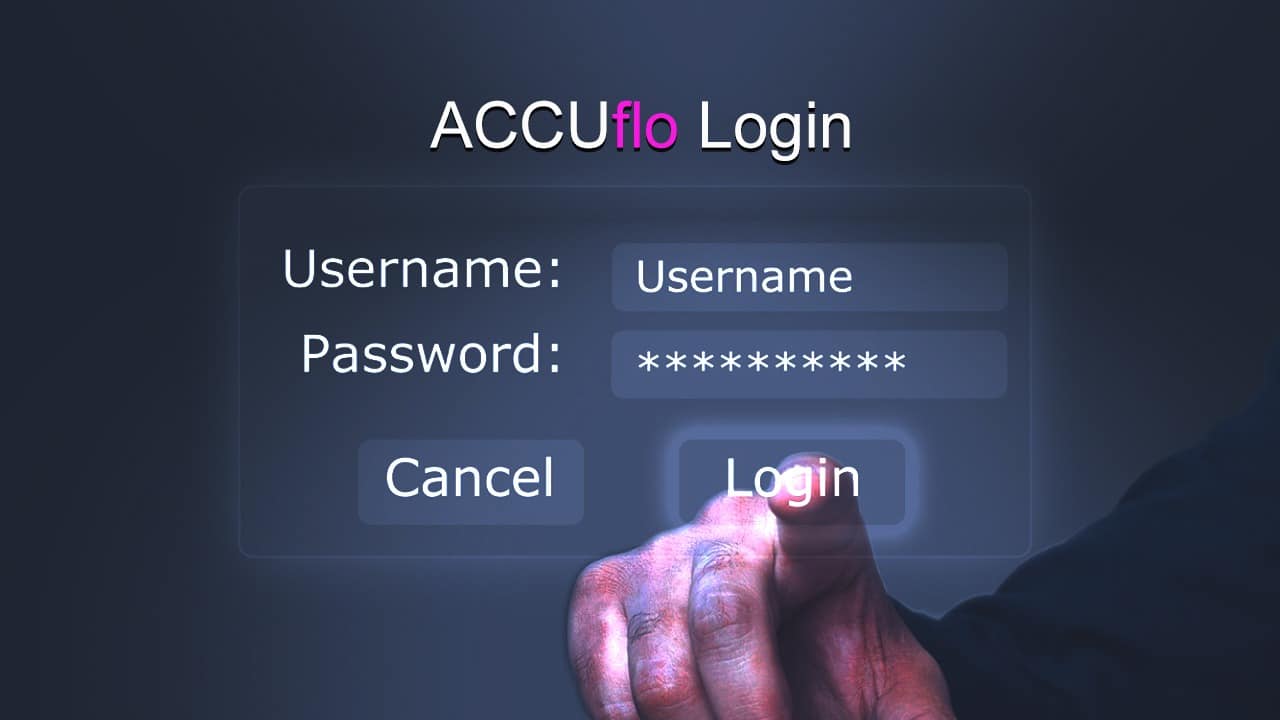In the interconnected world of the internet, privacy, ease of access, and security are more vital than ever. One tool that uses a solution to these issues is a proxy server. Whether you are an organization trying to scrape information, a gamer looking for much better connection speed, or an individual worried about online personal privacy, a reliable proxy provider like Proxy-Store can be a substantial asset. But exactly what are proxies? This thorough guide aims to introduce beginners to the world of proxies, their uses, and their types.
A proxy server, simply called a proxy, is an intermediary between your device (a computer system, mobile phone, and so on) and the web. When you link to a proxy, your online demands are first routed through this intermediary server before reaching the web. The proxy server then fetches the response and sends it back to you. This process might sound cumbersome, however it takes place so quickly that users generally notice no delay.
Among the main advantages of using a proxy is privacy. With a proxy, your IP address– your device’s distinct identifier on the internet– is concealed, and all online requests appear as though they’re originating from the proxy’s IP address instead of your own. This masks your online activity, making it challenging for anybody to trace the action back to your gadget.
Another considerable use of proxies is to bypass geo-restrictions. Some sites or online services restrict gain access to based on geographic area. By using a proxy located in a permitted region, you can get to these geo-restricted resources. This is particularly useful for accessing region-locked material on streaming platforms, websites, or online video games.
Proxies likewise play a crucial function in boosting security. They can supply an additional layer of protection against destructive websites and online threats by obstructing such websites and straining hazardous material. Organizations often use proxies to safeguard their internal networks from prospective cyberattacks.
Moreover, proxies are important to successful web scraping– the process of extracting large quantities of data from websites. Web scraping is used for various purposes like market research, SEO analysis, and data mining. Nevertheless, sending out a wide variety of demands from a single IP address can result in that IP being blocked. Proxies, especially when turned, can prevent this by distributing the requests throughout numerous IP addresses.
There are numerous kinds of proxies available, each matched to various jobs:
- Residential Proxies: These proxies utilize IP addresses connected to a particular physical place. They are extremely anonymous and are less most likely to be discovered and obstructed.
- Datacenter Proxies: These are the most typical kind of proxies and are not associated with an Internet Service Provider (ISP). They are much faster but may be more susceptible to detection.
- Shared Proxies: As the name suggests, these proxies are utilized by numerous users concurrently. They are economical however may be slower due to shared bandwidth.
- Committed Proxies: Also known as private proxies, they are utilized by only one user at a time, offering faster speed and higher security.
When picking a proxy, elements like your usage case, required level of privacy, and spending plan should be thought about. Trustworthy suppliers like Proxy-Store can supply a series of proxies to suit different requirements.
In conclusion, understanding proxies and their varied applications is a step towards a more protected, personal, and unrestricted online experience. Whether you are a service, a developer, or a specific user, proxies offer tools to browse the web successfully and safely. By considering your special online requirements, you can harness the potential of proxies and further boost your interaction with the digital world.








































